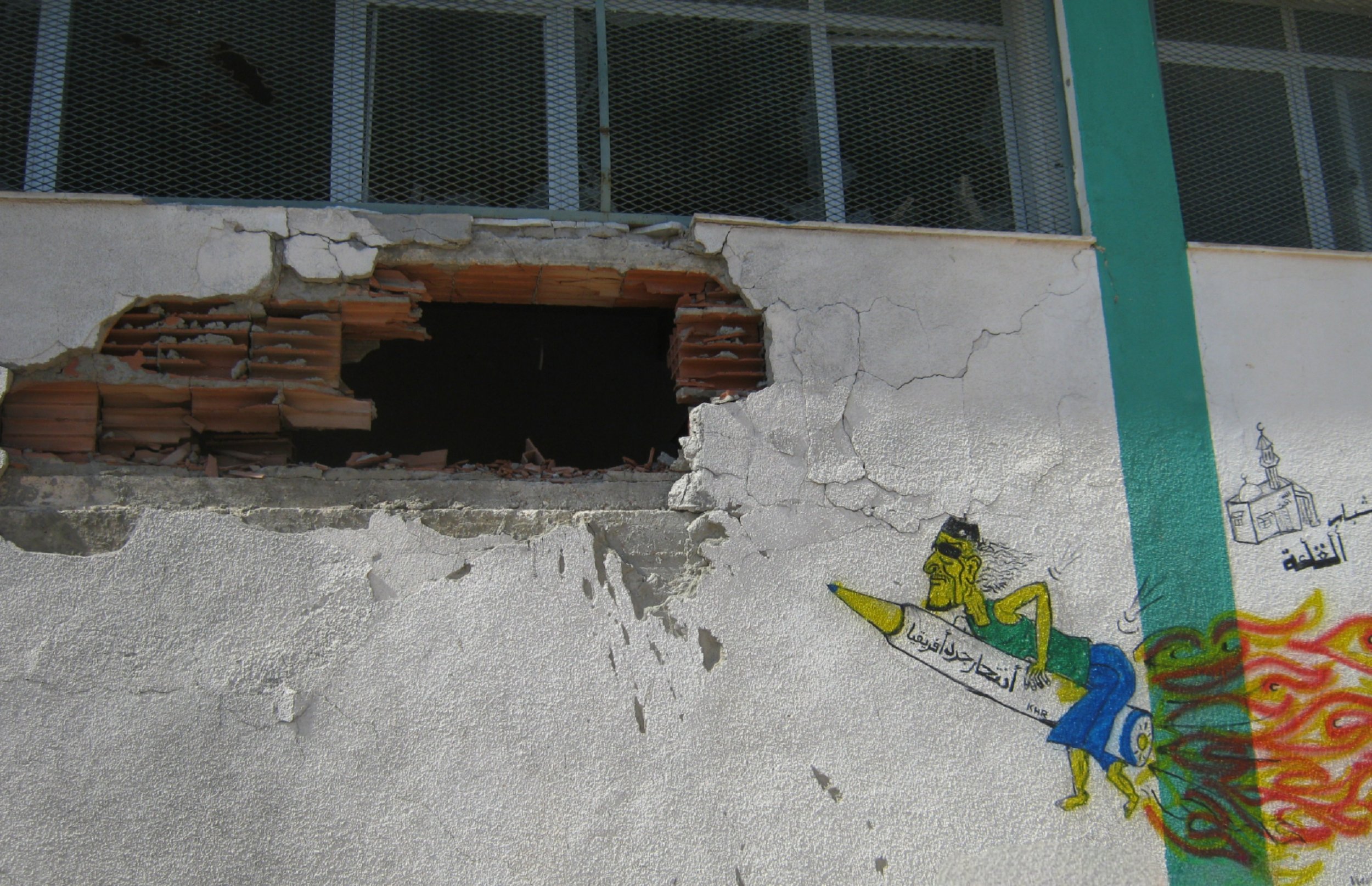Desert Ambush
There I was one spring night in 2011. Behind a rock in the black night of the Libyan desert. The only visible lights were the muzzle flashes of machine guns around me from all directions. Despite that roaring gun battle around me, or maybe because of it, I wondered what brought me there at that point in time in the midst of an ambush between Ghaddaffi forces and advancing rebels trying to take over the oil rich strategic city of Ras Lanuf.
"Because you are damn stupid! That's why." That was the first answer generously provided by my brain. Then another rational answer came along. It was the hero mentality. Ten minutes ago, I was a medic in an ambulance scouring the battle field with my team looking for the injured to bring them back to our basic field hospital a couple of hundred kilometres west of Benghazi.
During the day, we brought back many casualties and we should have called a day before sunset and definitely before crossing any frontline. Neither things we did which led to our current predicament.
We kept going in search of casualties until we almost became one. At that time, any rebel, or even ambulance movements, were done in total darkness through the desert. You were not allowed to turn on any lights of fear of aerial bombardment which I tasted closely its devastating effects first hand one week earlier. So it was easy not to realise that we crossed the already very fluid front line and fell in an ambush aimed at a rebel convey which, we realised latter, was only few metres ahead of us in the darkness.
Back behind the black rock, I remembered all the signs that I had not heeded. My Egyptian aid worker colleague who was caught by Ghaddaffi forces and went on national TV all battered and bloodied to confess that he was a spy. The time I went back in unusual hour to the residence to find myself face to face with a stray government soldier who made me kneel and put the muzzle of his Klash, affectionate for Kalashnikov in Libya, on my forehead and spared my life only of fear of others hearing the shot.
Apart from losing your psychological or physical wellbeing, the agony you cause to your family and friends, you also have the impact any security incident would have on the whole operation of your organisation and how that would affect all the people in need that you were supposed to help.
Many aid workers take security procedures lightly. Remember that guy with a gun to my head early on? There were no lessons learnt exercises or security incident reports filed, not to mention any psychological support after I faced him. That's the danger with instructions related to secuirty and safety in the field; it might seem mundane until it saves your life, or don't.
Back to the black rock, through the intermittent lights from the muzzle flashes raging around me, I saw a colleague of mine who was at the same ambulance, running passed my spot towards the heart of the desert as if trying to outrun bullets. I shouted at him to join my shelter before he gets himself killed.
14.5 mm anti-aircraft bullets. A type commonly used in post-Gaddafi Libya.
Photo Copyright: Mustafa Marwan
That's another common sign of lack of preparedness in trips in the field were we need to play the game of probabilities. In the comfort of your office, we need to come up with scenarios of all what could go wrong, Risk Identification, then see what measures we have in place to avoid or neutralise such threats, Risk Analysis, and finally make up our decision based on the level of risk versus the humanitarian impact, Risk Evaluation. Unlike my colleague who was paralysed running through the desert instead of seeking shelter, this risk assessment process will allow one to quickly identify which scenario they were in and what were the actions or decisions associated with it that should be taken. More information on how Situational Awareness can help in such preparations, you can consult this two minute video I made a while ago.
Fifteen minutes before the ambush, and unlike us who were chatting mindlessly inside the ambulance, the Relaxed Alertness of our driver was what saved us when he noticed the first signs of the attack which led him to maneuverer the ambulance into the sand. The action that made us more fortunate than the ambulance in front of us which took the grunt of the first volley of fire.
I was lucky to get out alive of that situation, and some others, and tell the story. Latter, I joined another humanitarian organisation were I was introduced to the basis of safety and secuirty in aid work and were I work as a trainer now.
Finally, it seems that the danger facing people working, or planning to work in aid work, or other line of work, liable of making one an adrenaline junkie, is that you learn when you test your luck too far is that regret can't transport you back in time.
Guns and Almond Milk is out now. Buy on Amazon.

